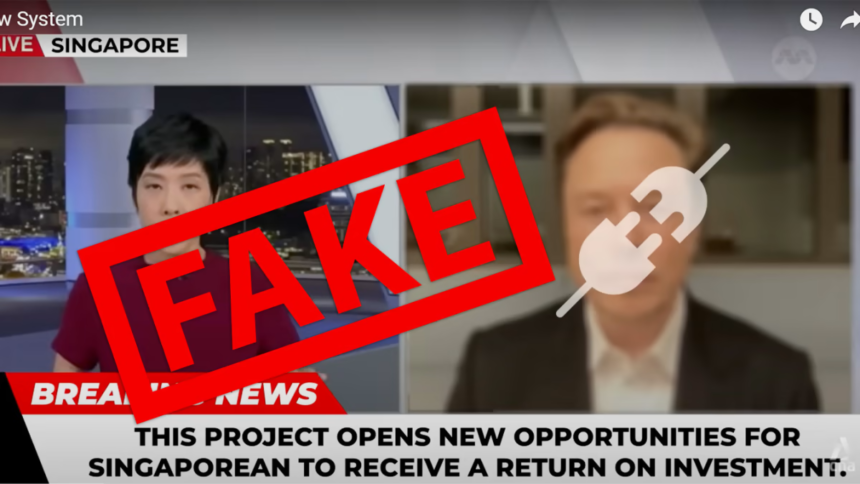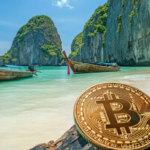- Singapore considers deepfake ban before elections
- Critics fear speech restrictions
- Media literacy efforts show promise
Fake It Till You Make It (Illegal)
Singapore is considering a temporary ban on deepfakes as the country gears up for its upcoming general election. This move follows recent incidents involving AI-generated videos of prominent political figures, including former Prime Minister Lee Hsien Loong.

Despite quick takedowns and limited impact, authorities are concerned about the potential for these synthetic media to mislead voters and undermine national interests.
Too Many Laws Spoil the Broth?

Critics argue that existing legislation, such as the Protection from Online Falsehoods and Manipulation Act (POFMA) and the Online Criminal Harms Act (OCHA), already provide sufficient tools to combat misinformation.
Some experts and activists worry that additional regulations could further restrict freedom of speech in a country already ranking low on press freedom indices.
Education Over Regulation?
Despite concerns, Singapore’s efforts in media literacy seem to be paying off. A recent survey suggests that Singaporeans are more confident in spotting deepfakes compared to their counterparts in the UK and US.
This raises questions about whether education and critical thinking skills might be more effective long-term solutions than blanket bans in combating the spread of misinformation.









